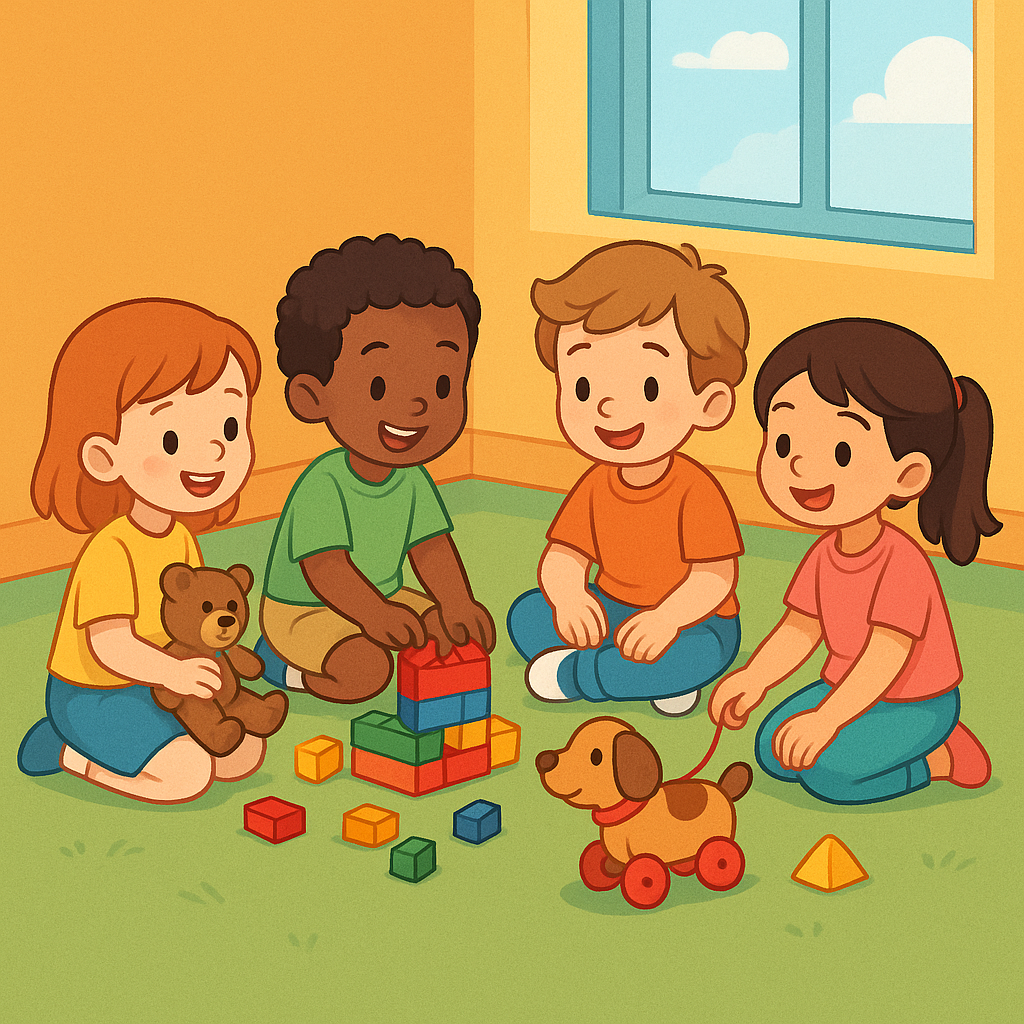
The Impact of Peer Toy Play on Child Development
Share
1. Cognitive Enhancement
Engaging in play with peers using toys stimulates children's problem-solving abilities and creativity. Studies have shown that certain toys can significantly influence children's thinking and learning processes. For instance, open-ended toys like blocks and construction sets encourage children to explore, hypothesize, and understand cause-and-effect relationships, laying a foundation for scientific reasoning.
2. Social Skill Development
Playing with peers introduces children to concepts like sharing, cooperation, and negotiation. Through collaborative play, children learn to navigate social dynamics, understand others' perspectives, and develop empathy. Such interactions are pivotal in building strong interpersonal skills that benefit them throughout life.
3. Emotional Growth
Collaborative play provides a safe environment for children to express and manage their emotions. By engaging in shared activities, they experience joy, frustration, and empathy, which are essential for emotional intelligence. These experiences help children understand their feelings and those of others, fostering emotional maturity.
🎯 Recommended Toys for Collaborative Play
-
Building Blocks: Encourage creativity and problem-solving.
-
Role-Playing Sets: Foster imagination and understanding of social roles.
-
Board Games: Teach rules, turn-taking, and strategic thinking.
-
Musical Instruments: Promote cooperation and rhythmic coordination.
